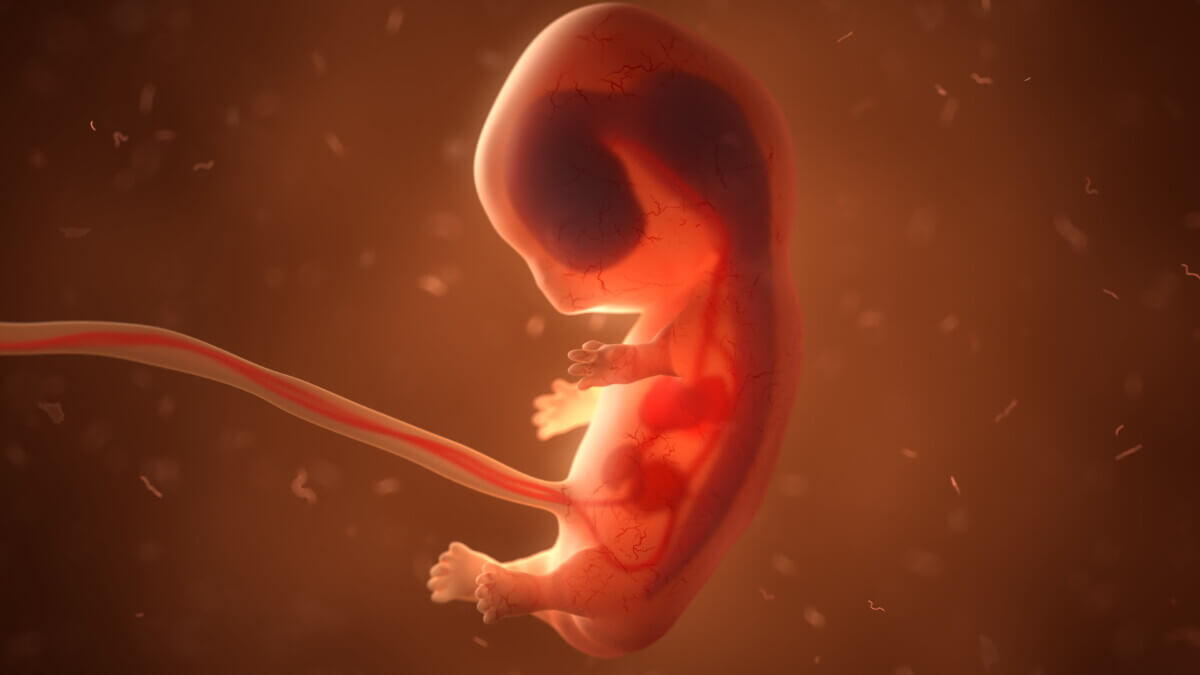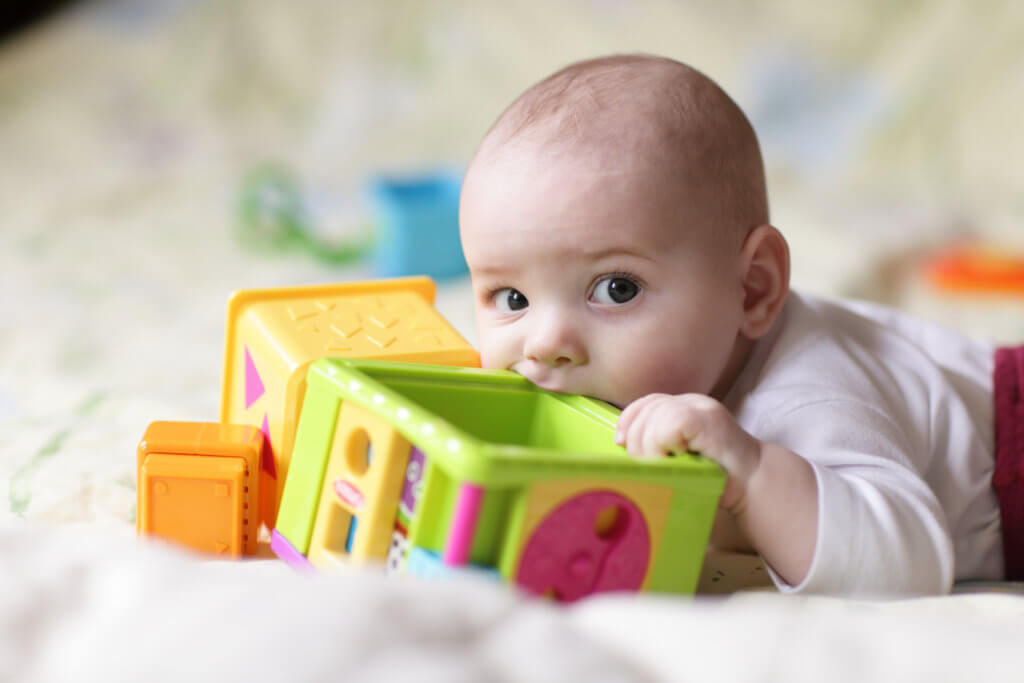
(© unlimit3d - stock.adobe.com)
NEW YORK — A positive result on a COVID-19 test can ruin anyone's day, but the coronavirus can be particularly distressing for pregnant women concerned about the potential impact on their unborn child. Promising results from a team at Columbia University Irving Medical Center, however, should help alleviate at least some of those concerns. Scientists report that the babies of women who had a mild or asymptomatic case of COVID-19 during pregnancy still have normal brain development.
This work actually expands on a smaller project that used maternal reports to assess the development of babies born in New York City during the first wave of the coronavirus pandemic in 2020. That earlier study did not find any differences in brain development between babies exposed to COVID-19 in the womb and others whose mothers were healthy throughout the pregnancy.
For this newest study, the research team conceived a method of observing infants remotely, adapting a developmental assessment tool typically administered in person, in order to make the study COVID-safe (the experiments took place between March 2021 and June 2022). In total, study authors examined 407 infants between five and 11 months-old from three distinct areas: NYC, Salt Lake City, Utah, and Birmingham, Alabama. Close to a third of the babies were born to mothers who had COVID-19 while pregnant.
Before the evaluation, each participating family received the same exact set of baby toys and food items, allowing researchers to observe and compare the babies’ fine and gross motor skills in a standardized fashion. Study authors were also sure to assess cognitive and language skills. Importantly, researchers did not know which babies had been exposed to COVID-19 in utero.

“The idea for our novel method to assess development remotely came from Columbia clinicians who quickly began performing telehealth visits at the start of the pandemic in an effort to continue to deliver high-quality care in safe ways,” says study leader Dani Dumitriu, MD, PhD, assistant professor of pediatrics and psychiatry at Columbia University Vagelos College of Physicians and Surgeons, in a university release. “But over time, we also realized that evaluating the babies remotely would allow us to observe how the babies were developing in their home environment, which may actually offer a better idea of how the infants are developing than when we see them in the research lab, where they may be scared or anxious.”
The study found babies whose mothers had mild or asymptomatic COVID-19 at any point during pregnancy were developing very similarly to others whose mothers never had COVID-19.
“The current study, which used a more rigorous method to evaluate babies born during the pandemic, provides further reassuring evidence that having a mild or asymptomatic case of COVID during pregnancy does not affect brain development in infants,” Prof. Dumitriu concludes. “Additional studies are needed to tell us about the impact of more severe COVID on a developing infant’s brain.”
The study is published in JAMA Network Open.










